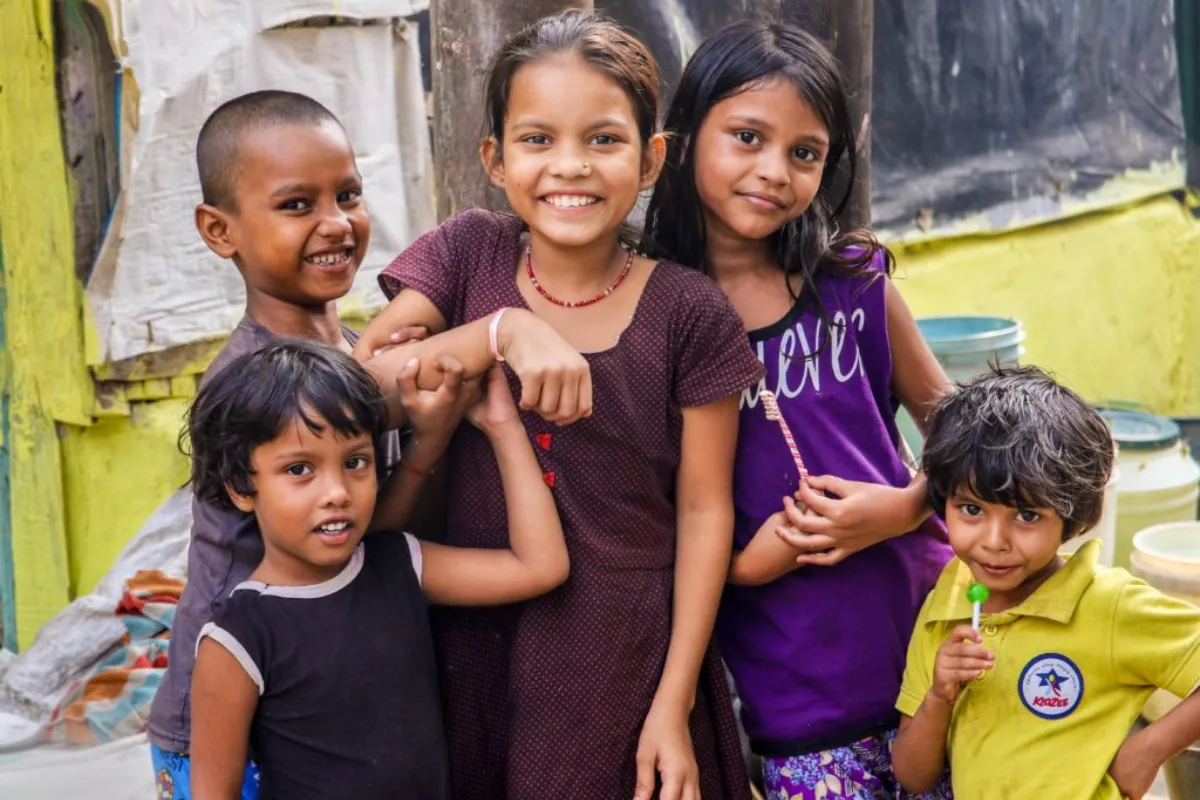In recent developments, India has found itself at odds with the findings of a study conducted by Harvard University, which shed light on the nutritional status of children in the country. Published in the esteemed JAMA Network Open, the study suggested a staggering prevalence of “zero-food children” within India, indicating that as high as 19.3 percent of children aged between 6 and 23 months did not consume any milk, formula, or solid food within a 24-hour period.
Contention Over Definitions
The Ministry of Women and Child Development promptly contested the study’s conclusions, particularly scrutinizing its definition of “zero-food children.” According to the ministry, the study omitted breast milk from the category of food for infants, thus skewing the interpretation of results. Highlighting this inconsistency, they revealed that only a marginal 1.5 percent of children were reported as not receiving breast milk.
Critique of Methodology
India raised substantial concerns regarding the methodology employed by the researchers. They criticized the opacity of the approach and questioned the reliability of single-day recalls utilized in the study. The ministry emphasized the lack of scientific consensus on the term “zero food children” and underscored the absence of any reported cases of starvation by state governments or private organizations within India.
Data Contradiction
Contrary to the study’s assertions, the Ministry of Women and Child Development presented data from the Poshan Tracker, showcasing a significantly lower percentage of children suffering from severe malnutrition or wasting. They further highlighted the extensive coverage and efficacy of government nutritional programs across the country, dispelling notions of widespread child malnutrition.
Allegations of Political Provocation
Accusing the study of being politically motivated, India raised concerns about its timing and intent. They criticized the authors for failing to consult public authorities or utilize publicly available data on child nutrition. Emphasizing the government’s earnest efforts in combating malnutrition through various schemes and initiatives, they dismissed the study as an attempt to stir controversy.
Positive Government Initiatives
In contrast to the study’s portrayal, India highlighted the success of its nutritional programs, such as Poshan 2.0 and the Pradhan Mantri Matru Vandana Yojana (PMMVY), in improving child nutrition and maternal health. Citing substantial financial allocations and direct benefit transfers to support pregnant women and children, they underscored the government’s commitment to addressing nutritional challenges.












